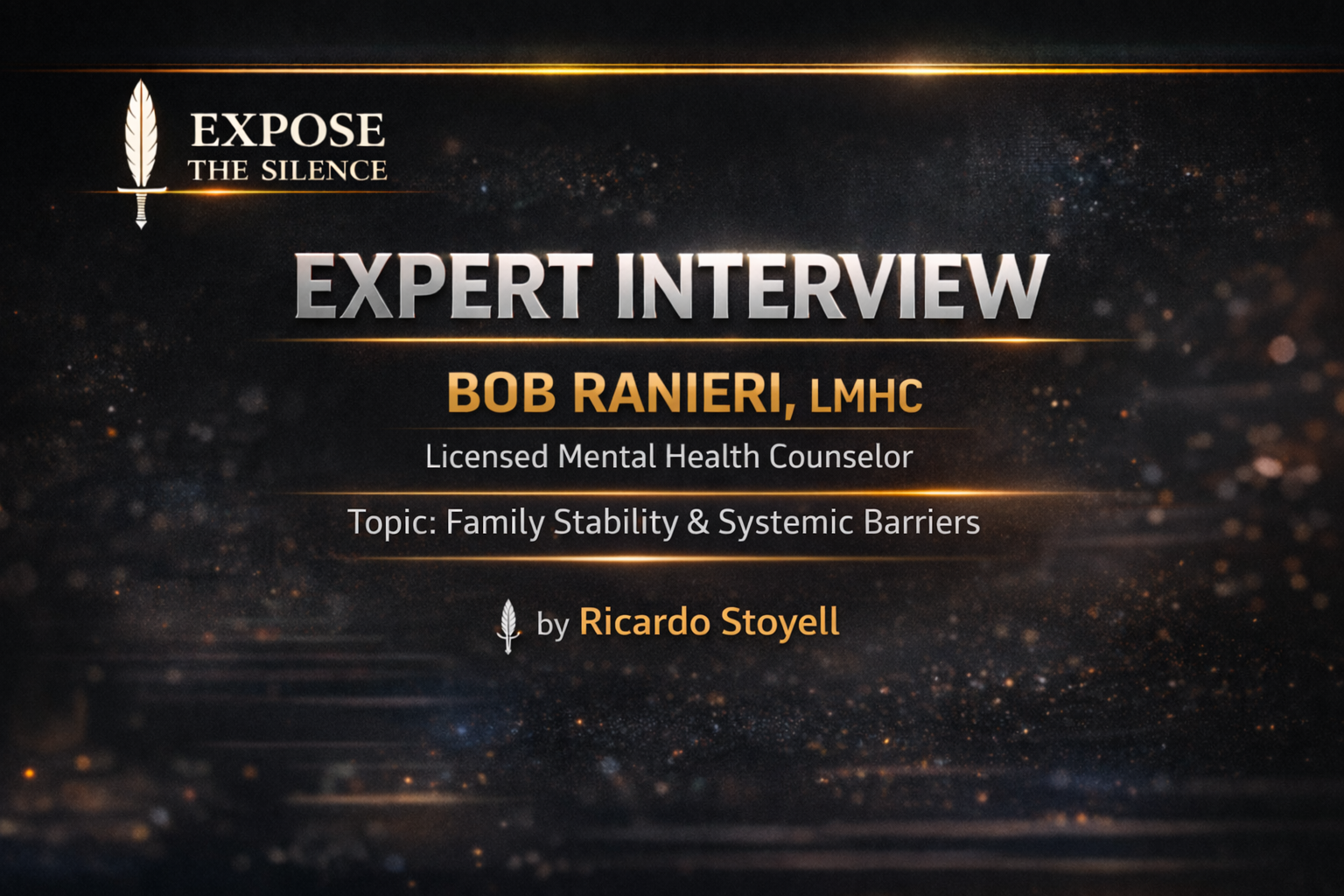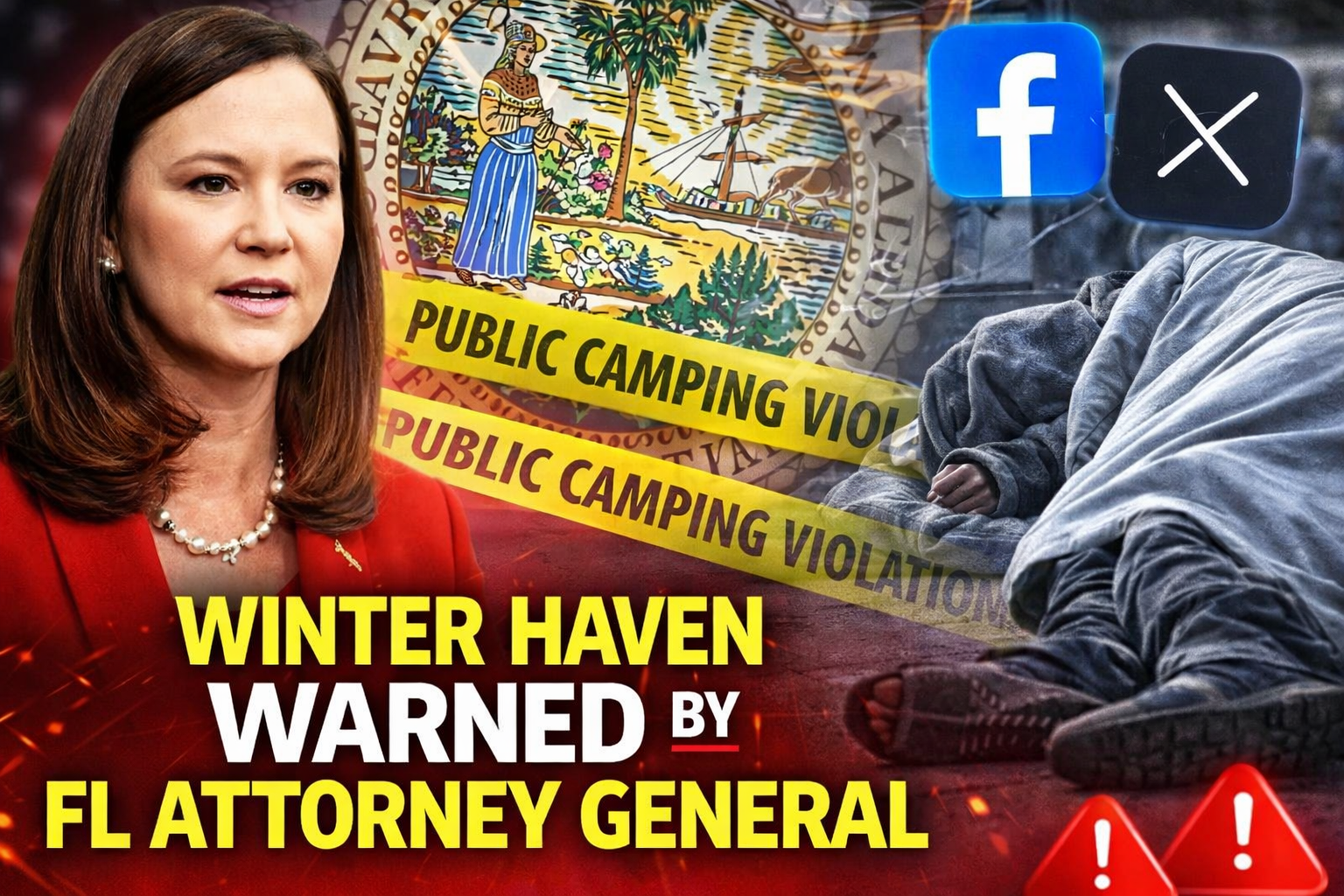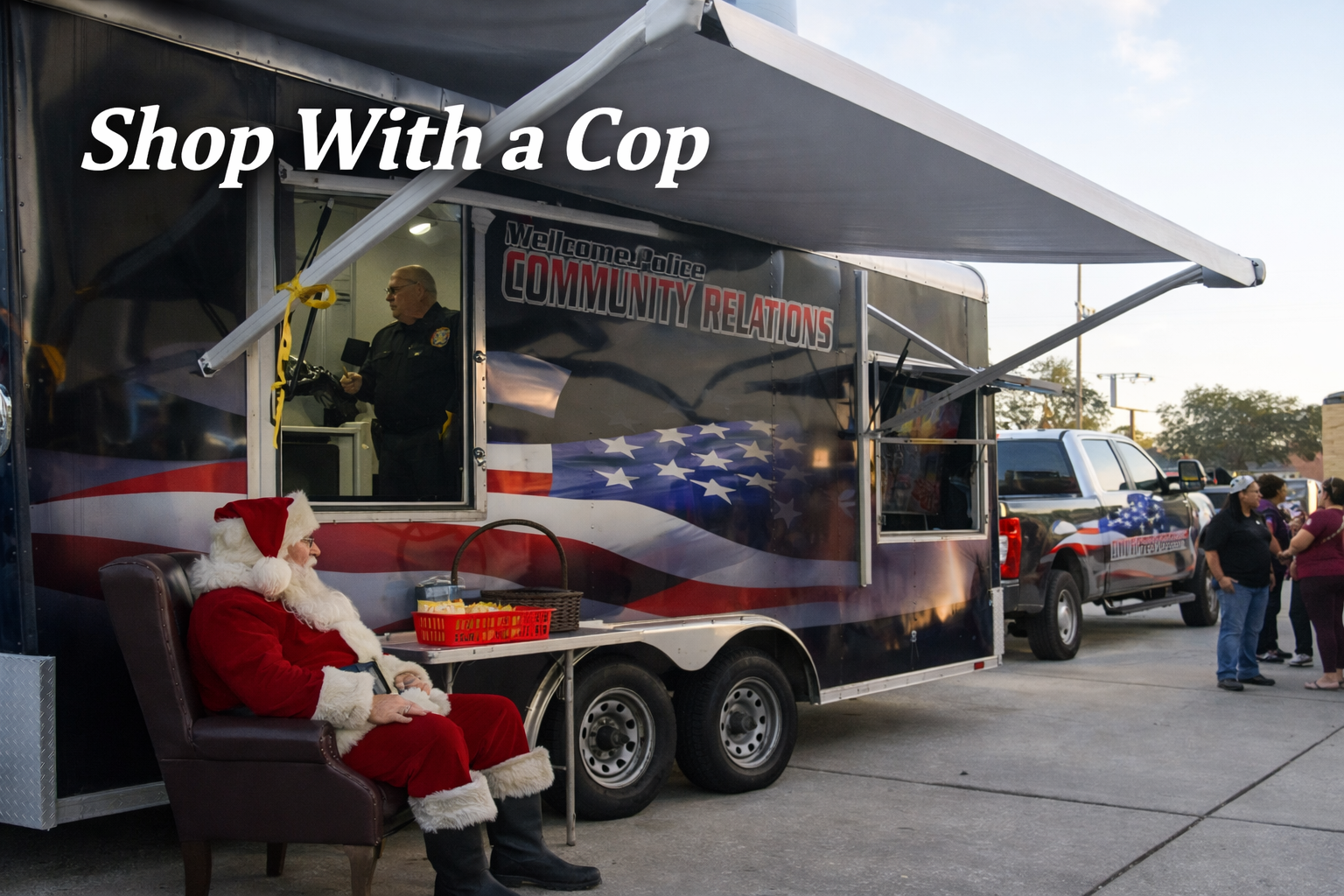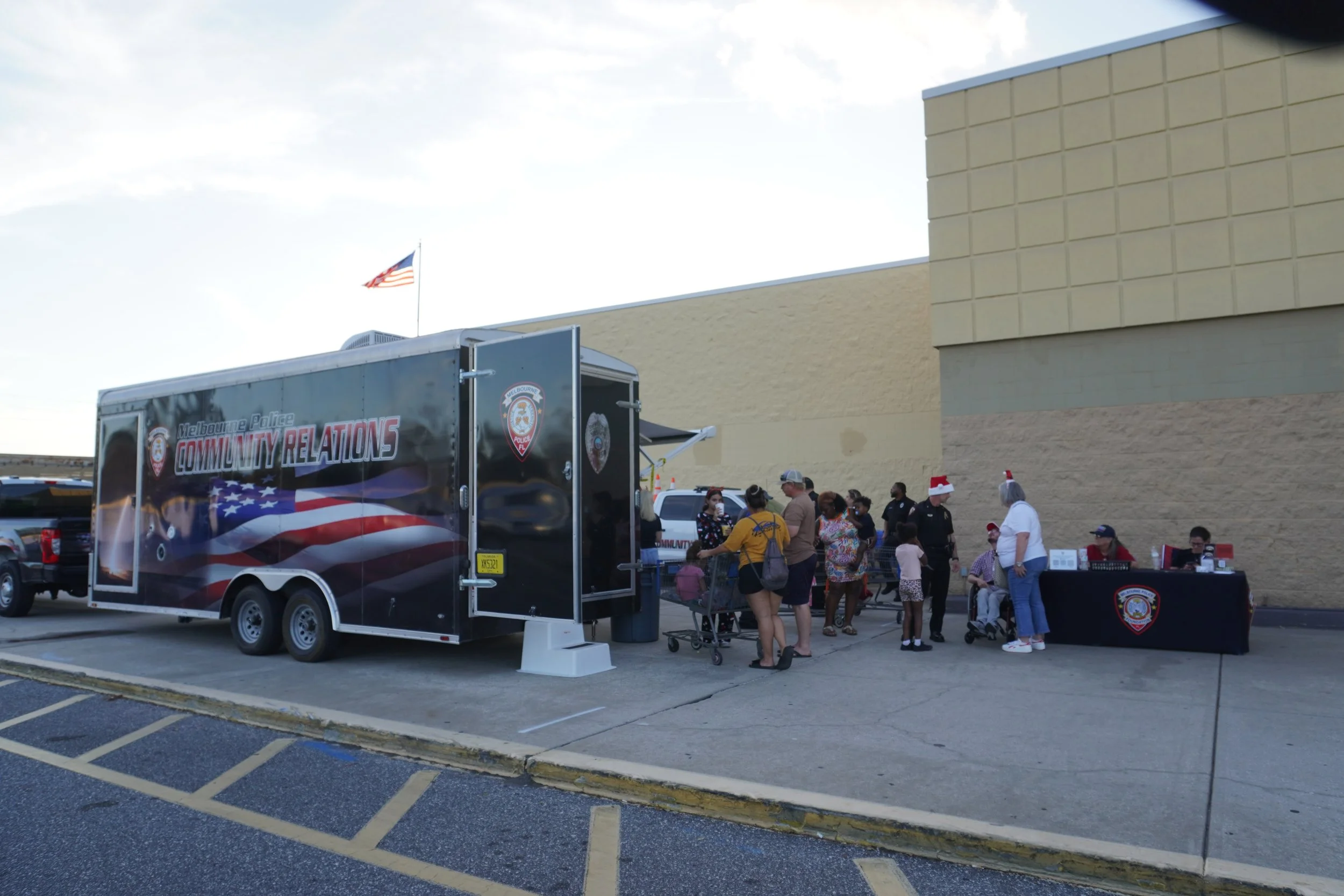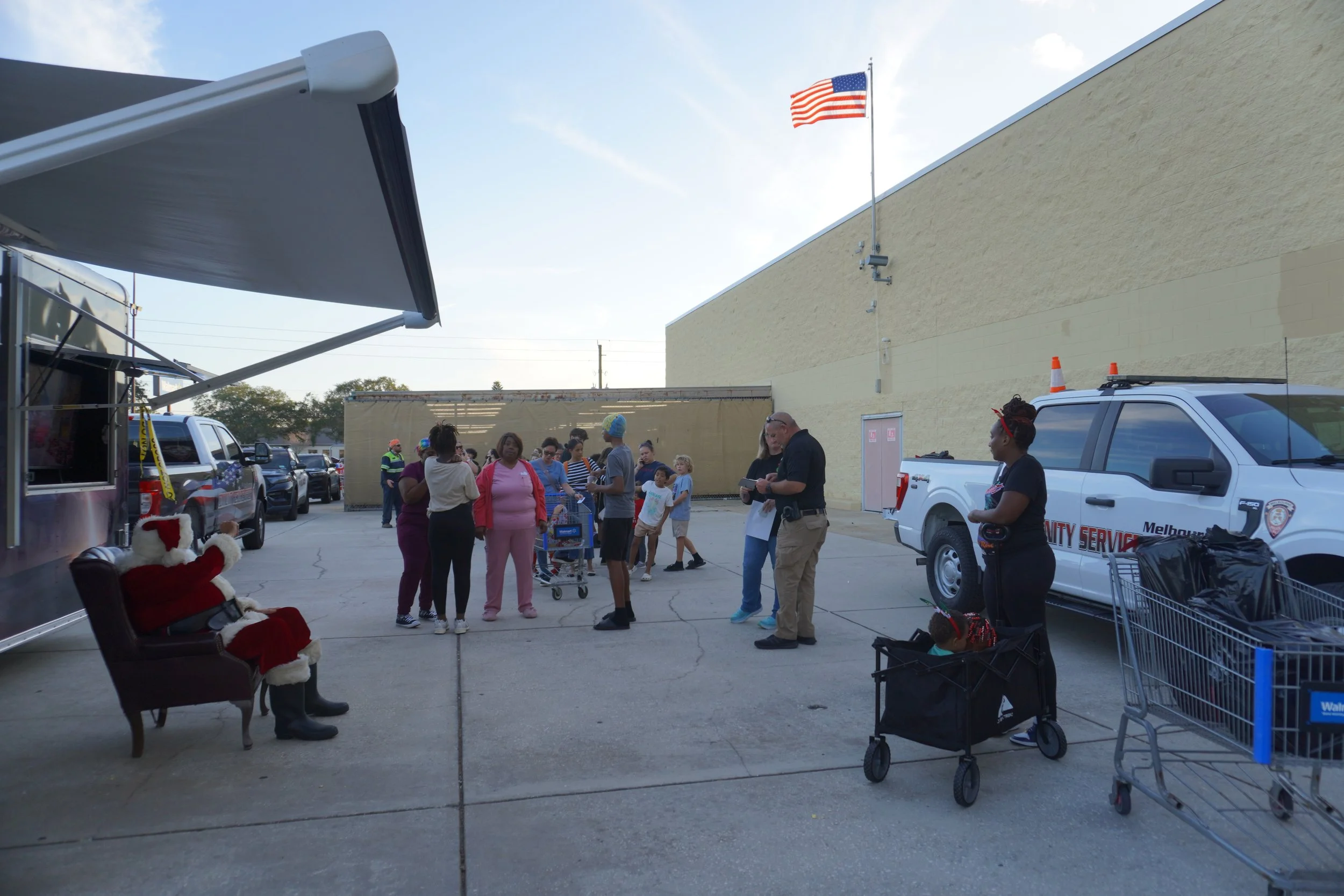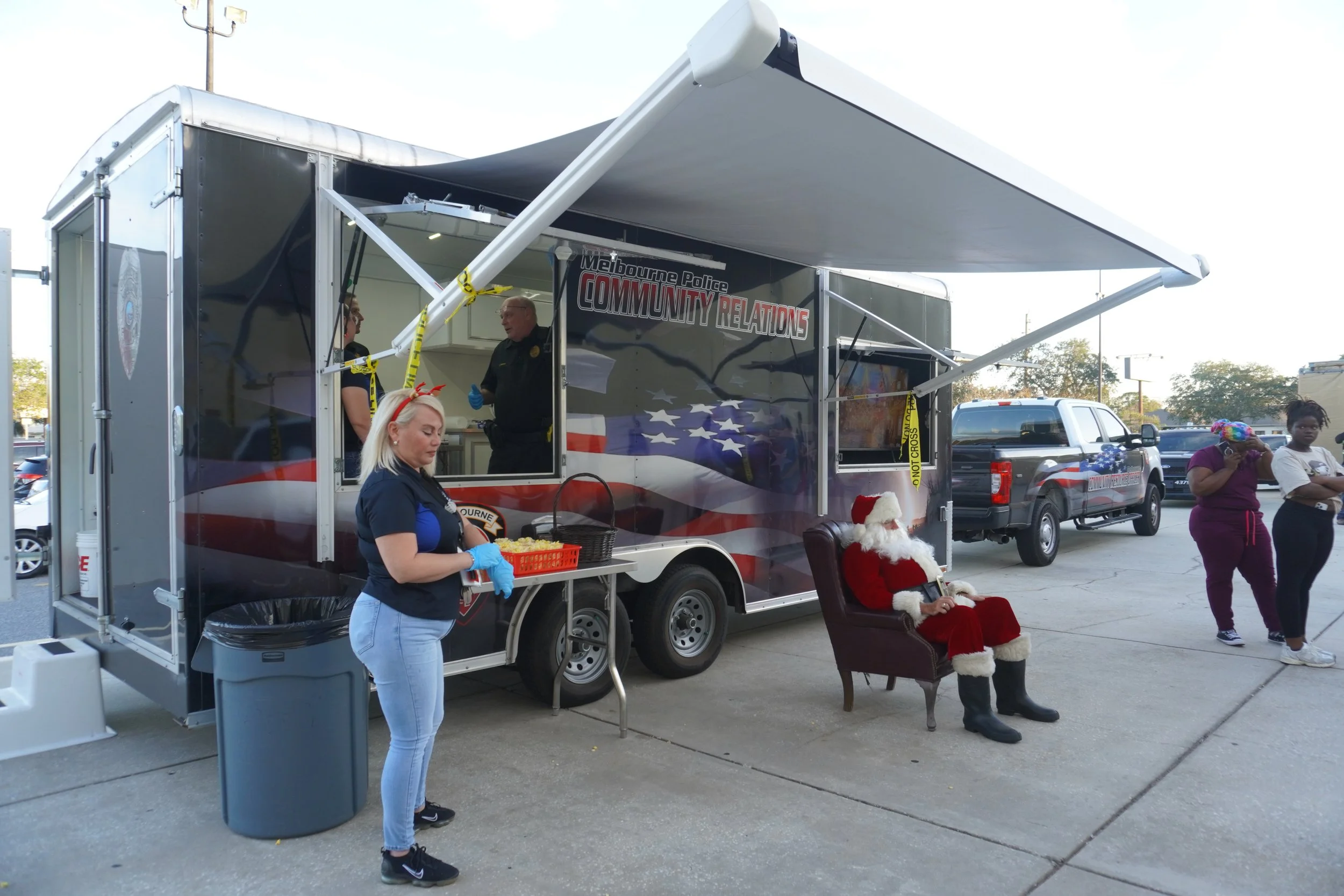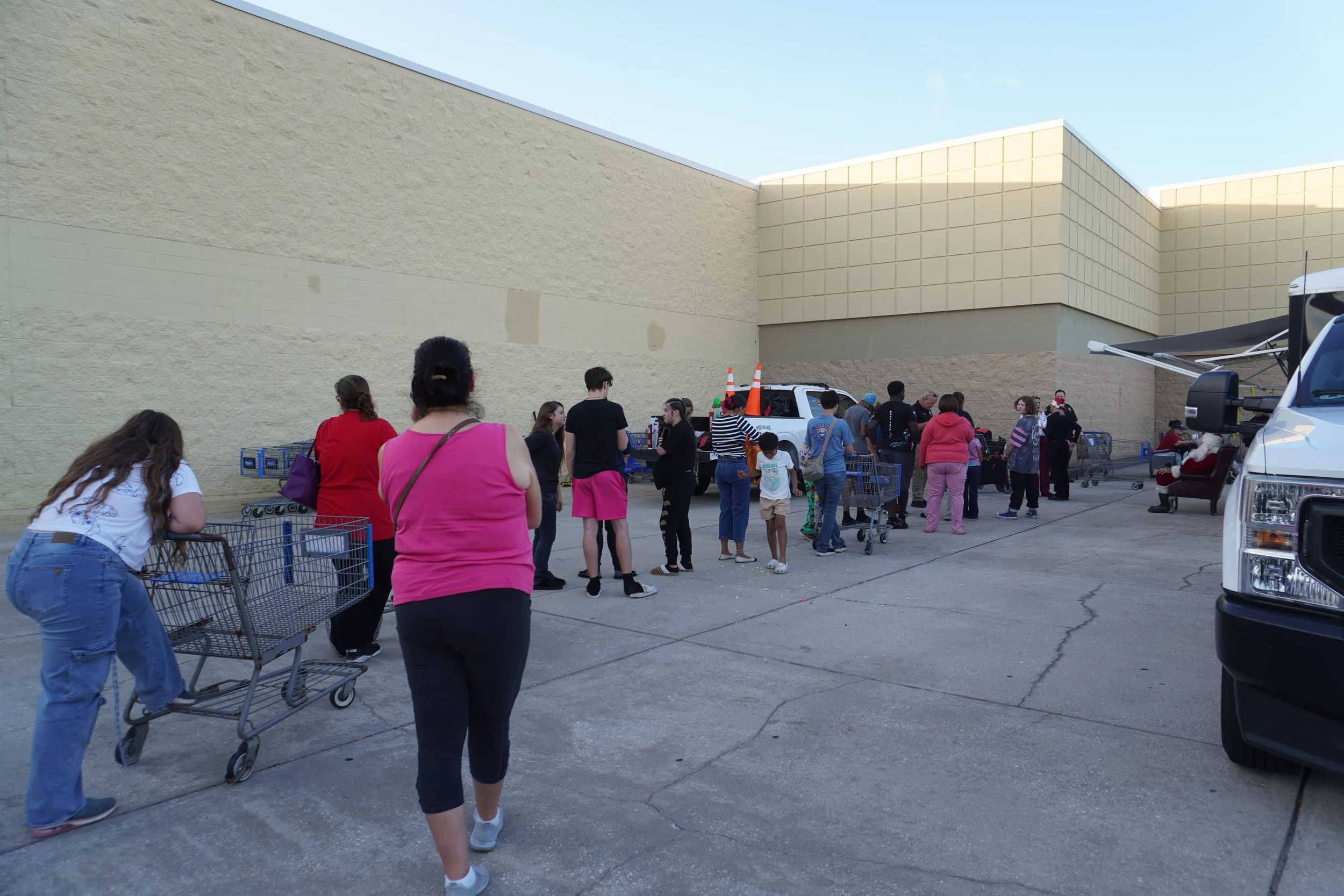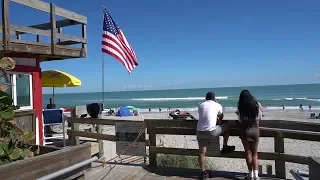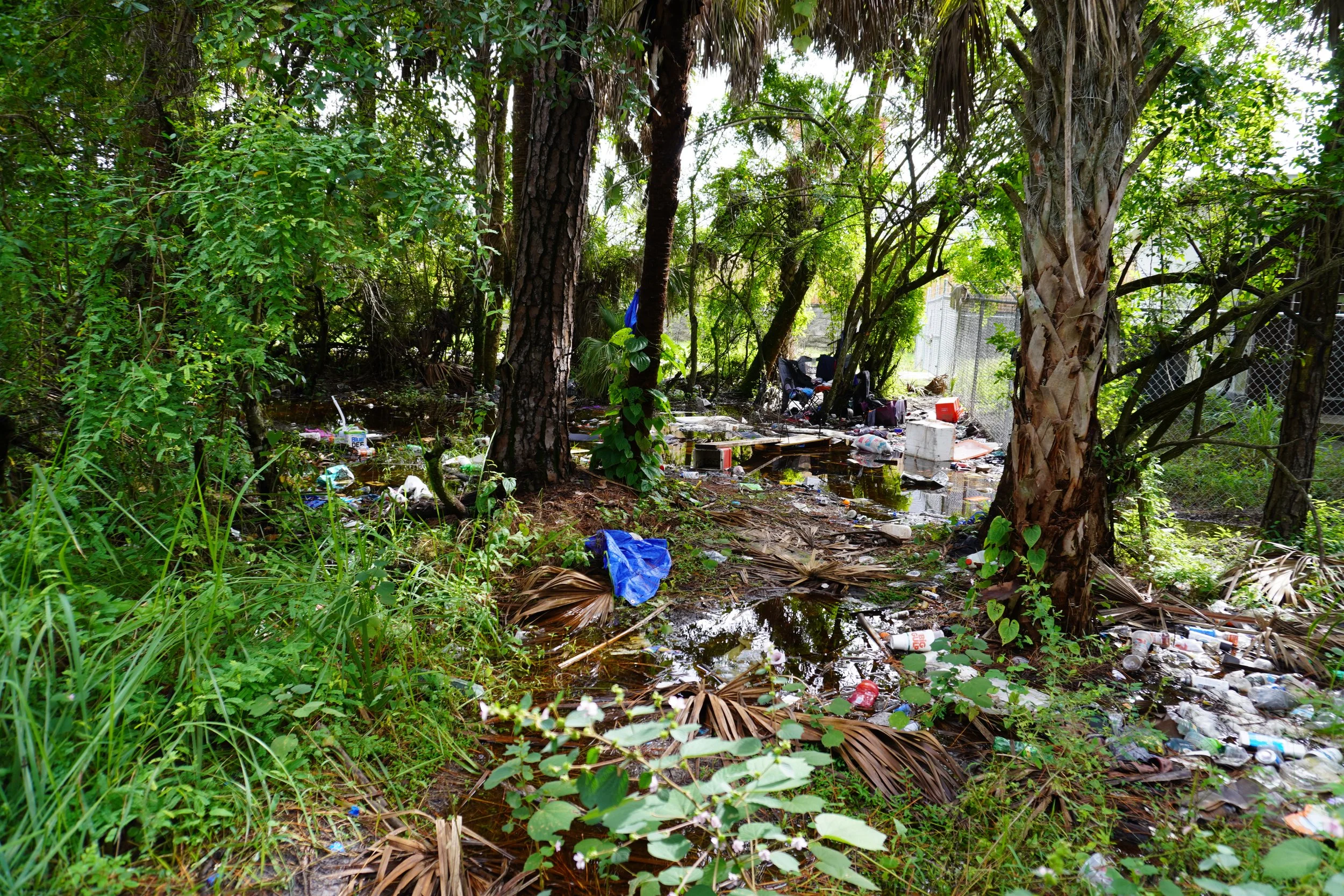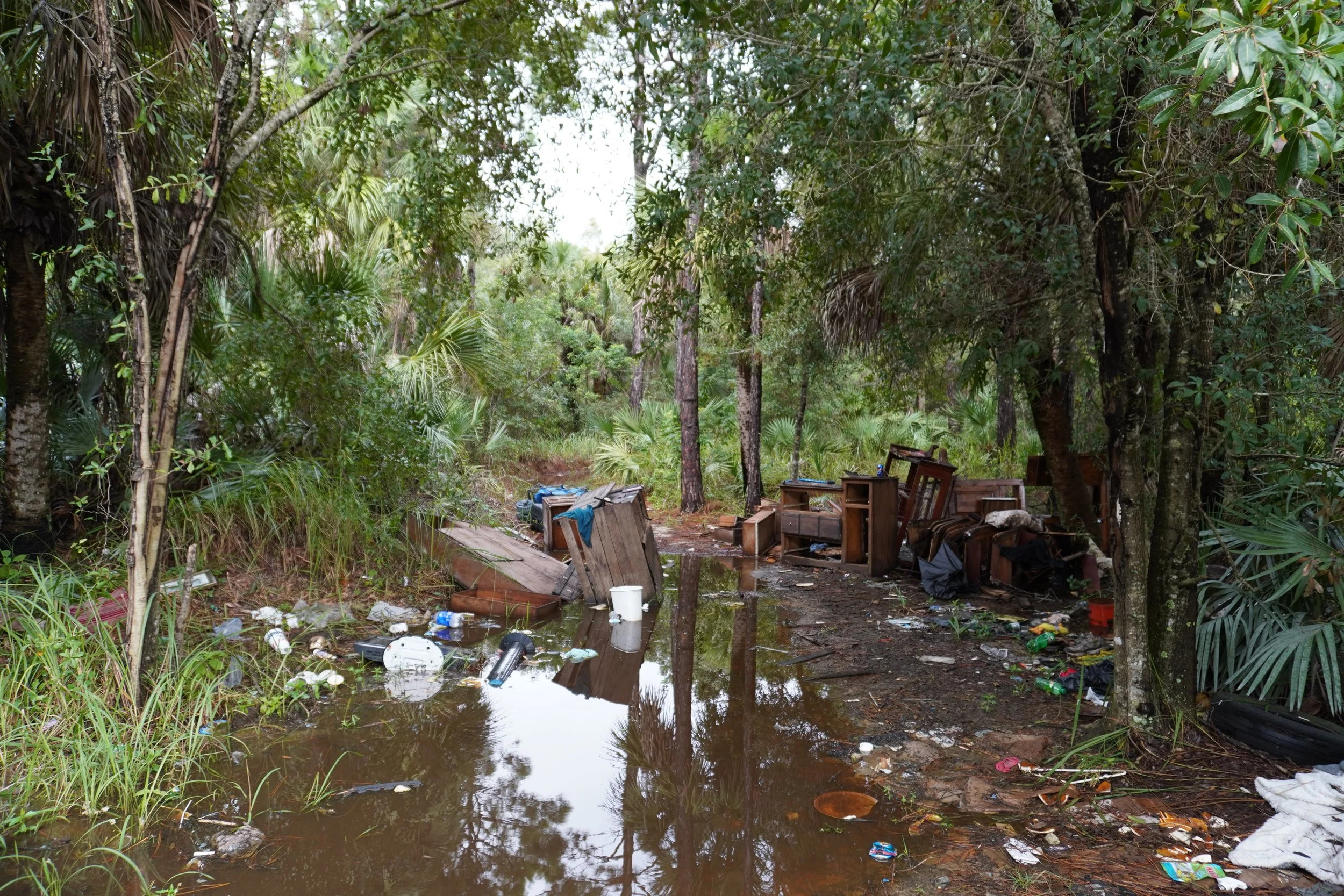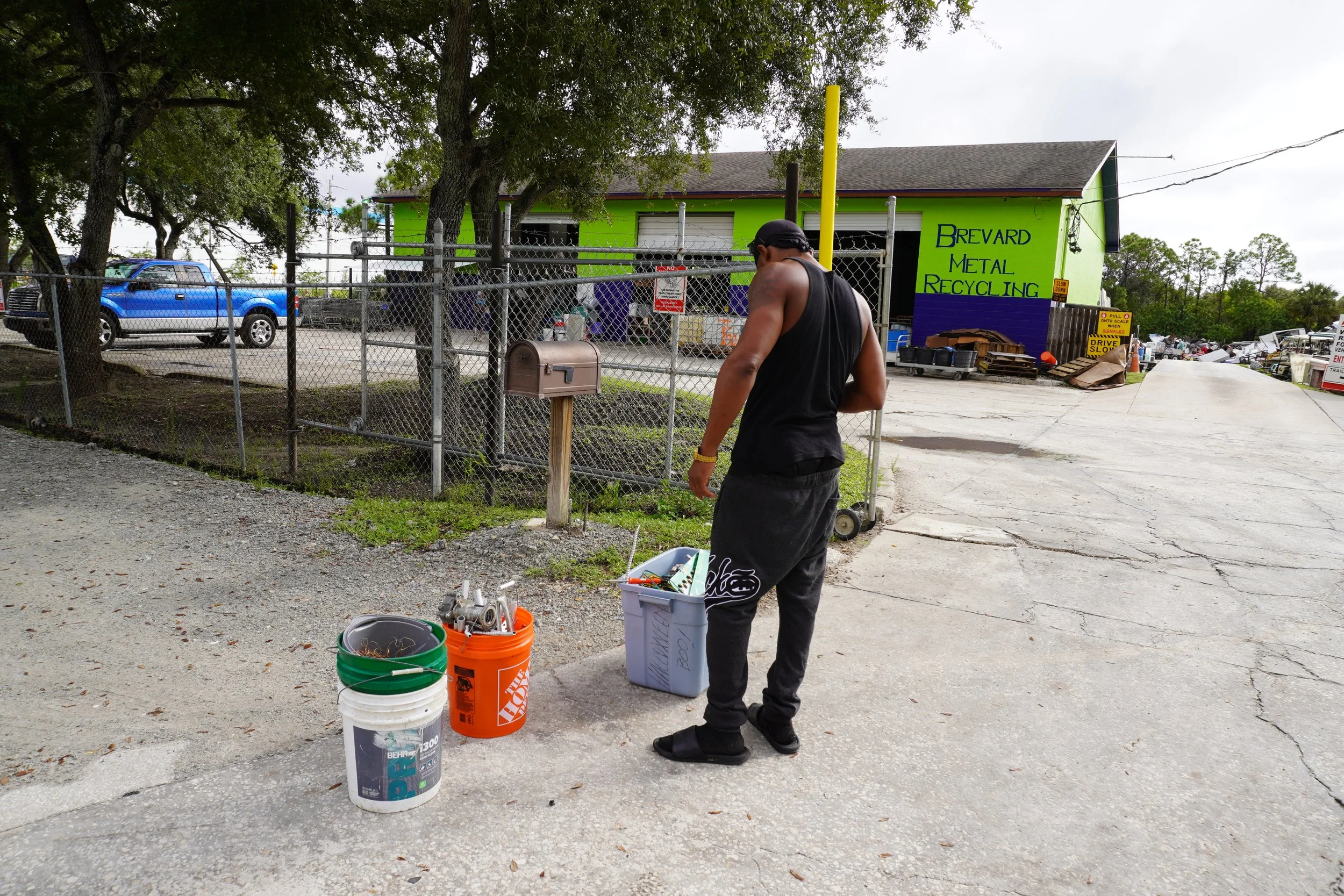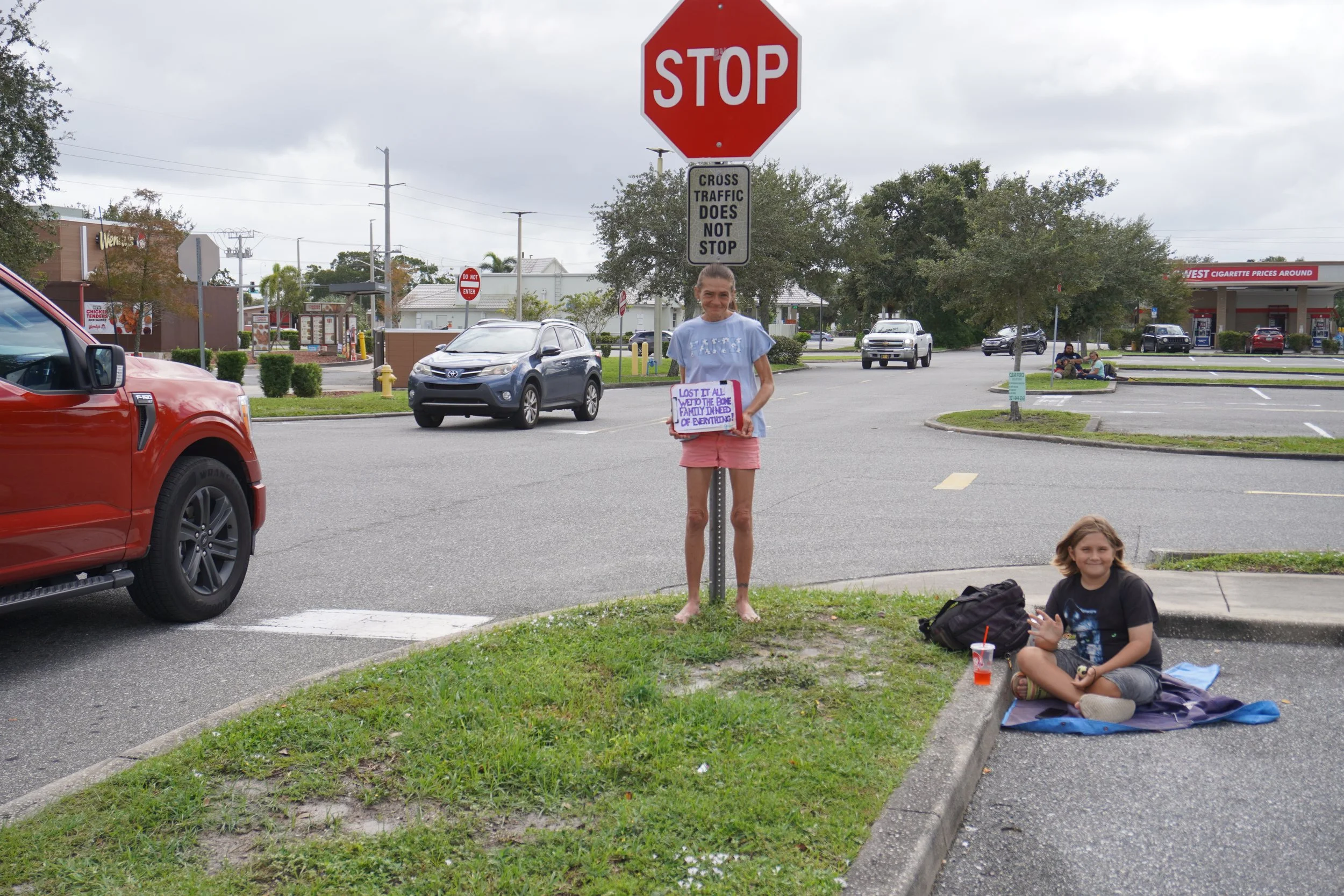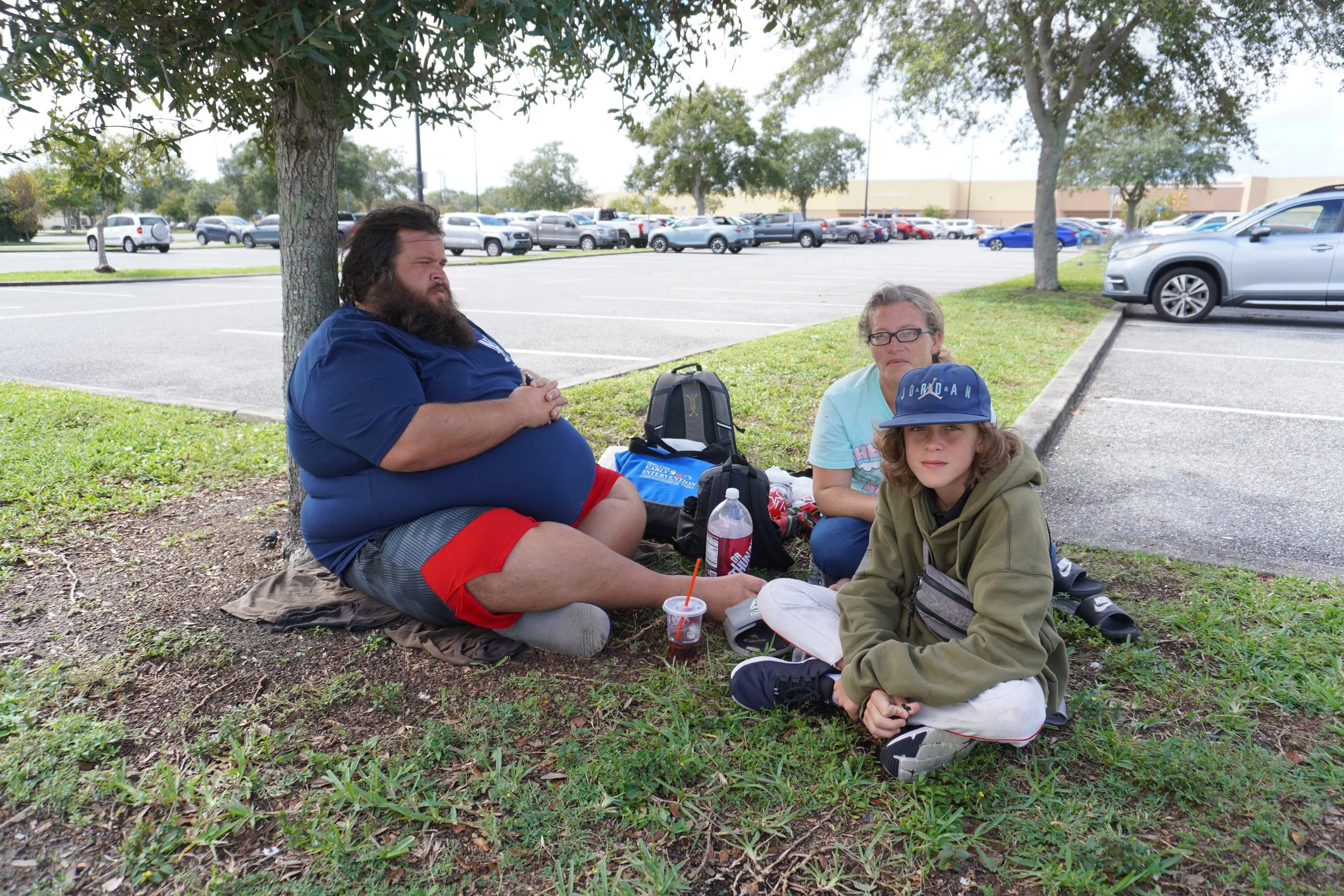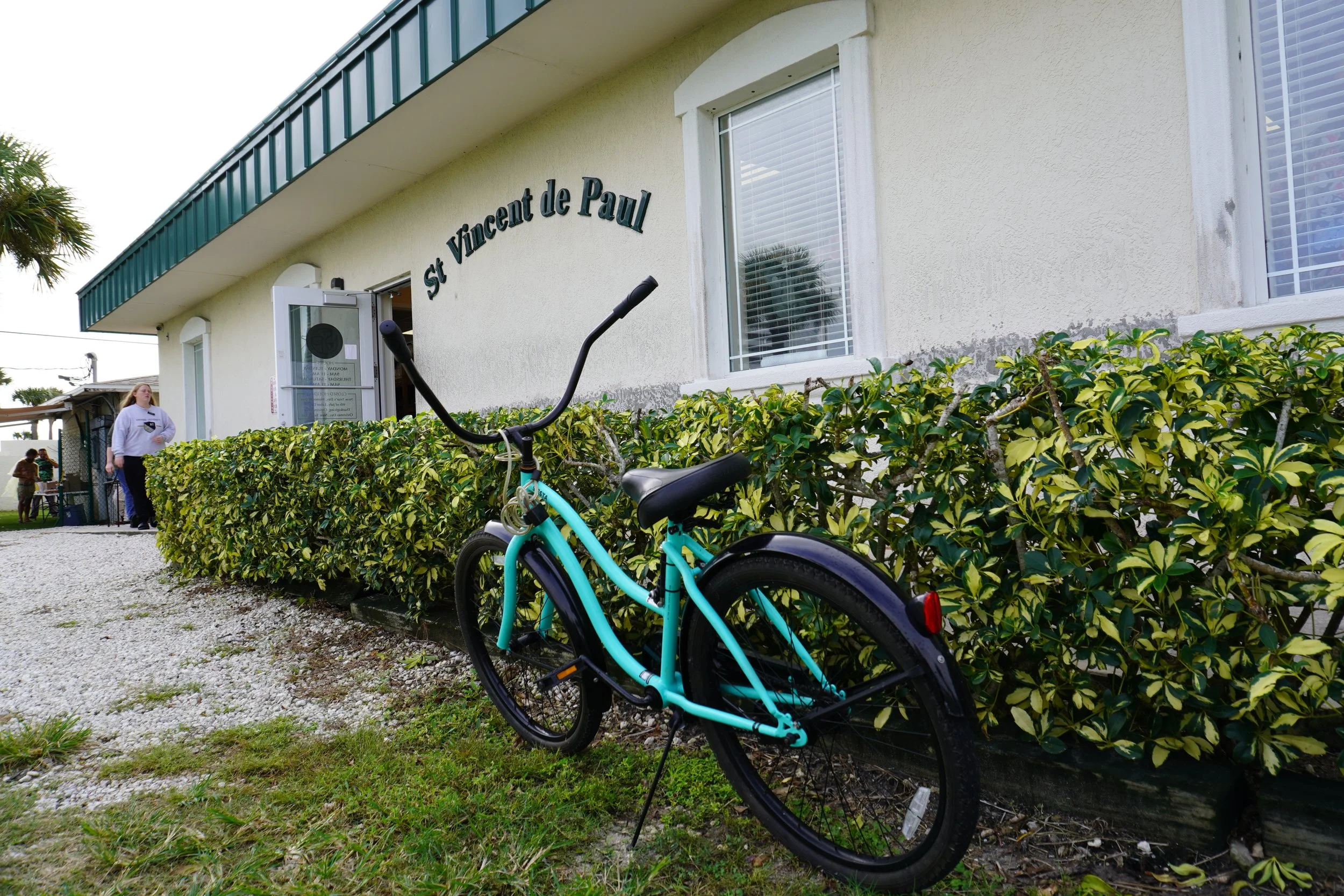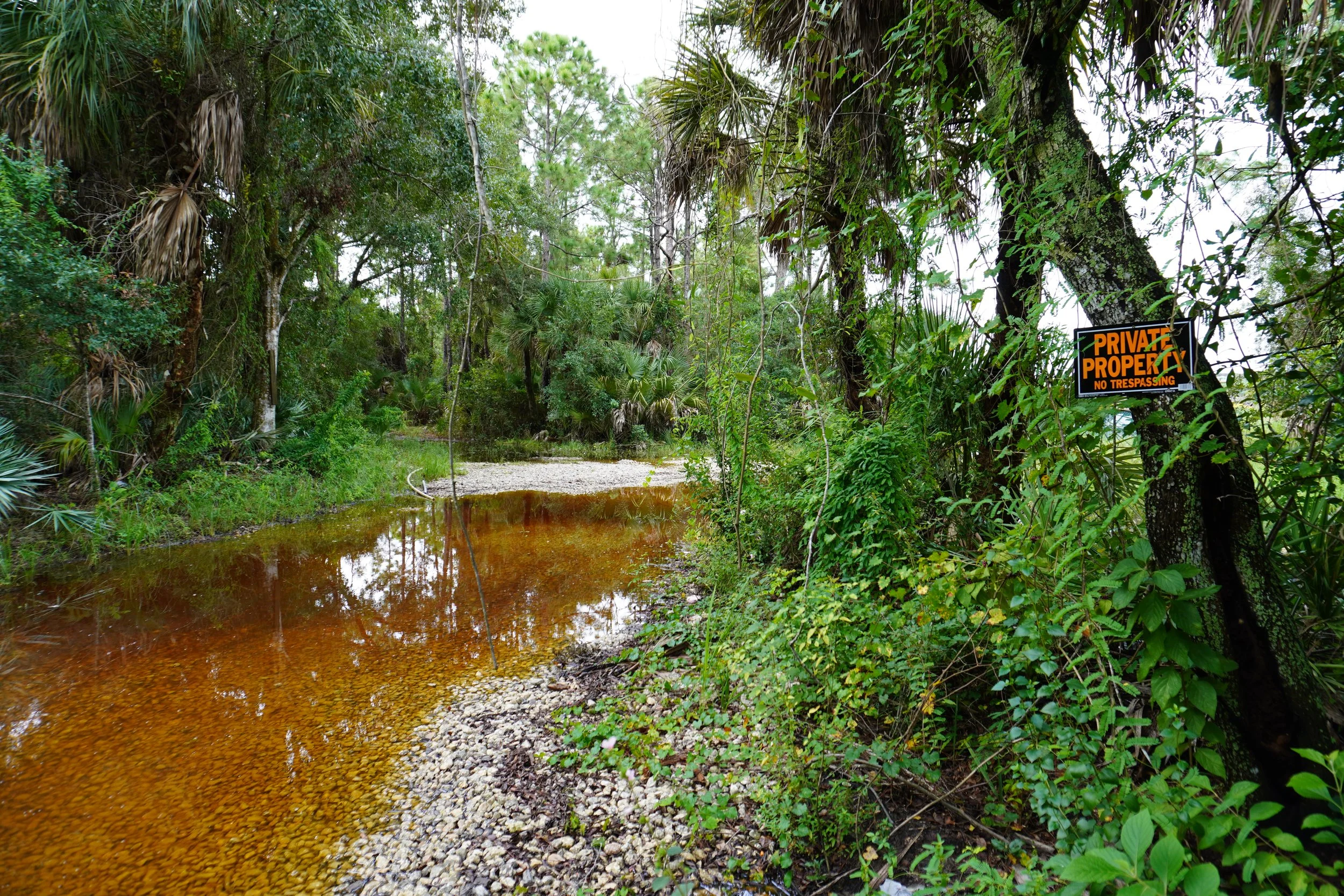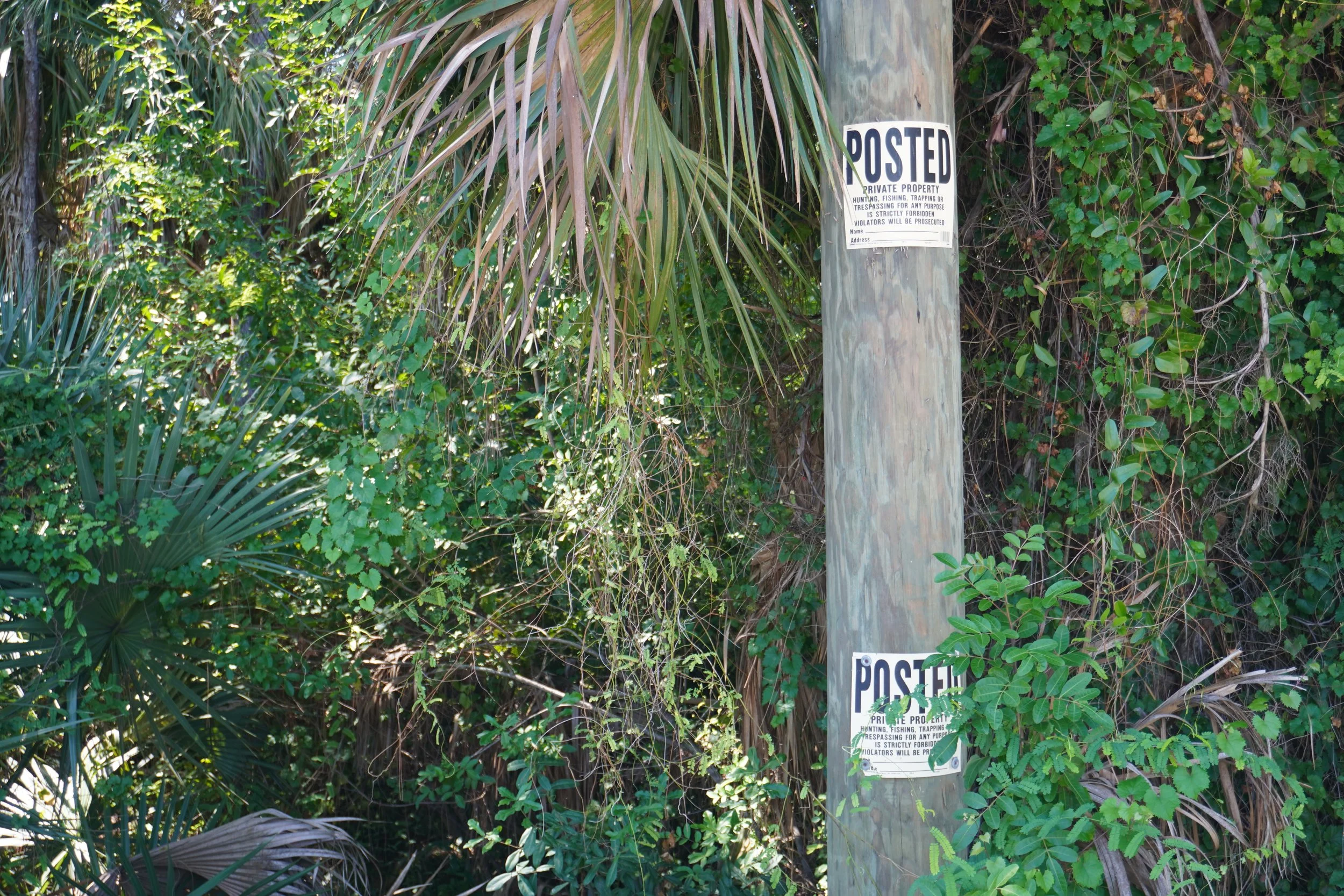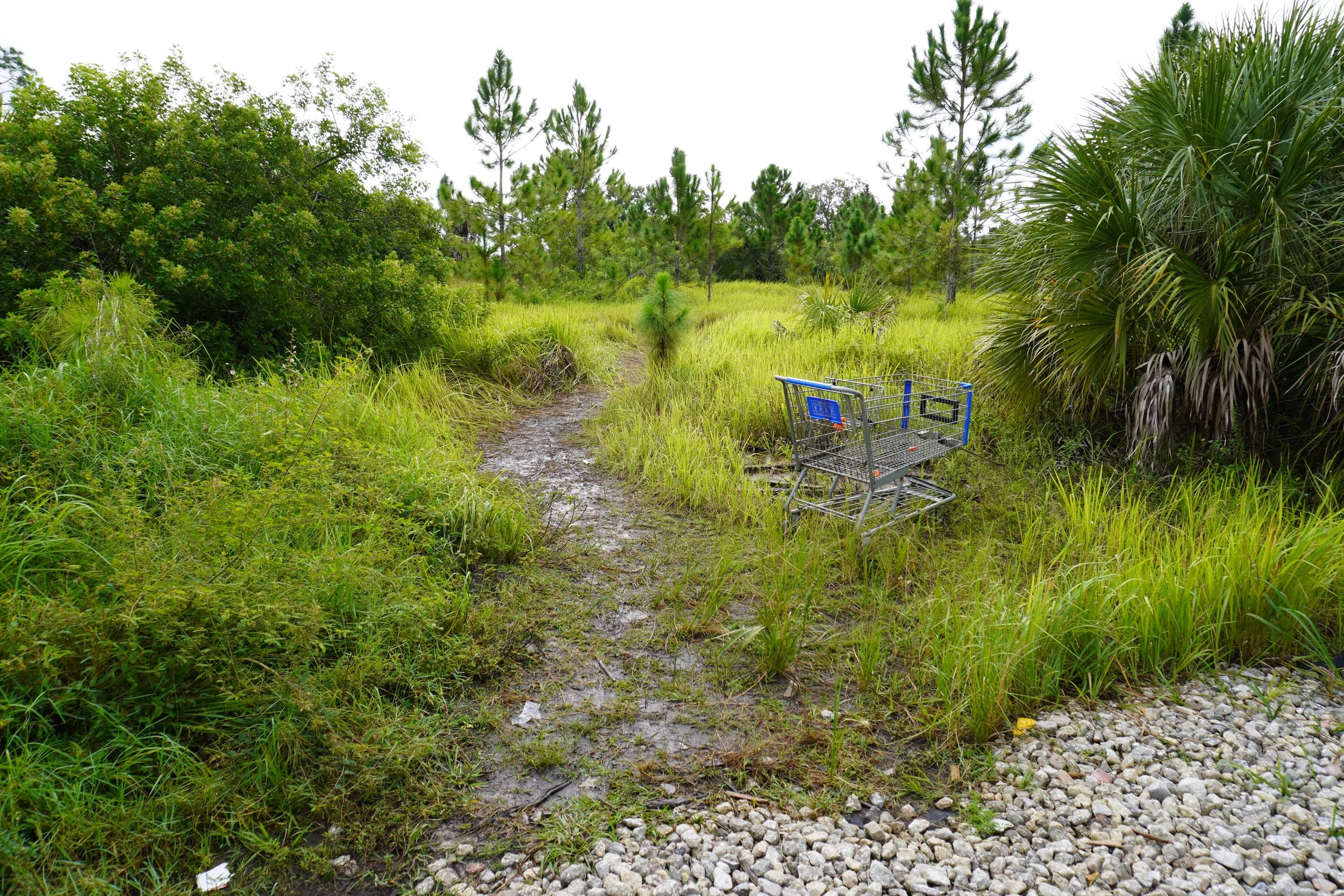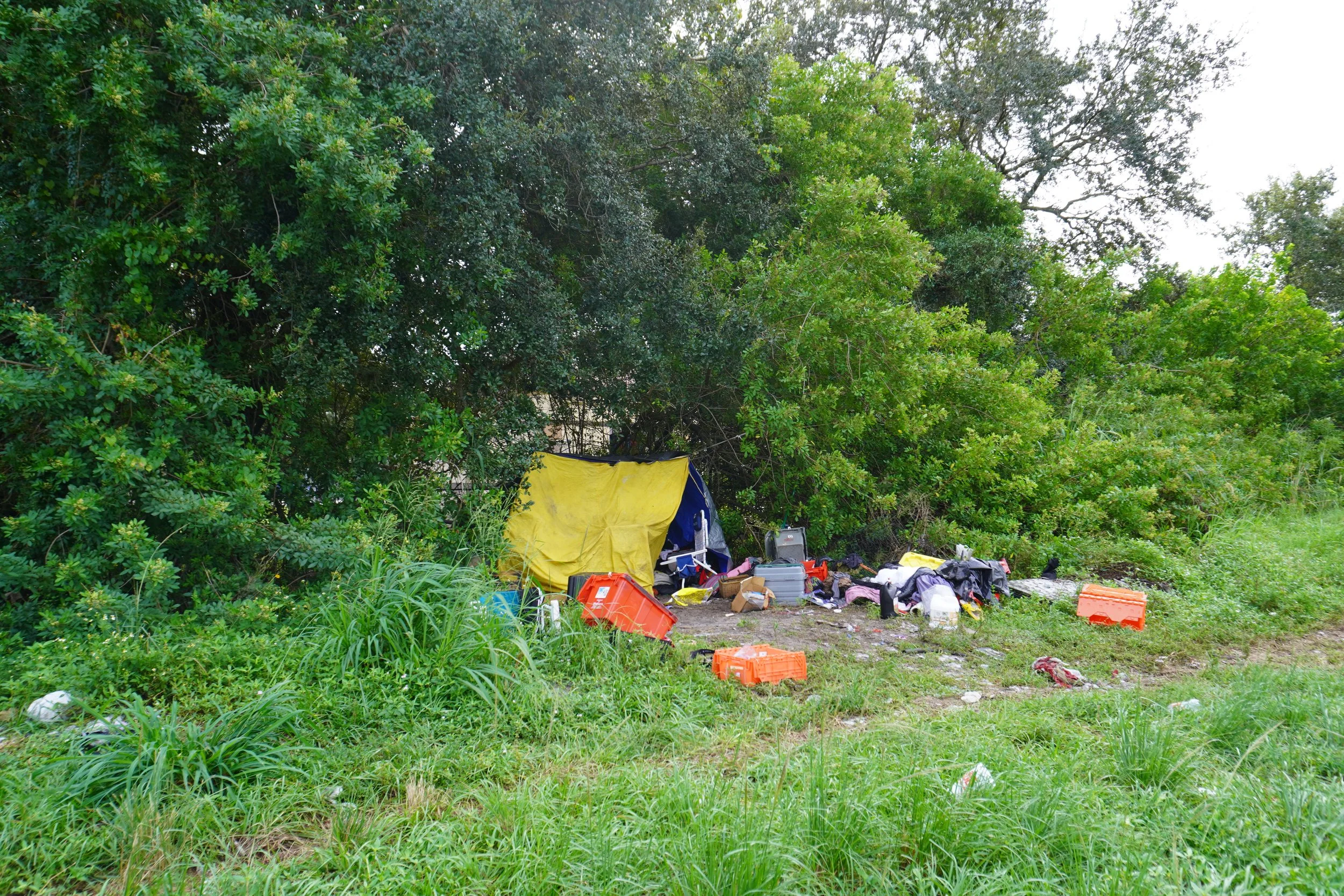Financial strain and stigma keep families from seeking counseling
Many families delay seeking counseling not because they don’t care, but because fear, financial pressure and stigma make access to support feel out of reach. In this expert interview, counselor Bob Ranieri explains how financial barriers, instability and judgment continue to shape who gets help — and who doesn’t.
Families experiencing instability often delay seeking counseling not because they do not care, but because fear, financial pressure and uncertainty can make access to support feel out of reach, according to counselor Bob Ranieri.
Ranieri, who works with individuals and couples, said communication breakdown is one of the most common challenges he encounters.
“One of the big challenges is sometimes they’re afraid of talking about what they’re going through for fear they might be judged,”
That hesitation, he explained, can prevent families from seeking support until problems escalate.
Financial barriers limit access to care
Beyond stigma, economic pressure often determines whether families can pursue counseling. Ranieri said many individuals face competing obstacles — including cost, transportation, childcare responsibilities and limited job flexibility — that make consistent care difficult.
“That’s normally a big, big issue there, because a lot of times they don’t have the funds to either get further education or to provide babysitting services so that they can… get better jobs and increase their family income”
National research supports that concern. The National Alliance on Mental Illness reports that cost, lack of insurance coverage and limited provider availability remain among the most common barriers preventing people from accessing mental health services.
The American Psychological Association similarly reports that financial strain and perceived stigma are consistently among the top reasons people delay or avoid seeking mental health care.
Stability shapes family outcomes
Ranieri said housing and financial stability are closely tied to a parent’s ability to support their children and maintain consistency in the home.
“That becomes a big issue because their concern is providing for their family. And if they can’t do that, basically, they’re very untethered,”
He emphasized that many families experiencing instability did not choose those circumstances.
“It’s not something that they voluntarily found themselves in. It’s something that happened to them,” Ranieri said.
“And basically, we should try to find ways to help them get through the process.”
A need for better-informed solutions
Ranieri said meaningful progress requires listening to the lived experiences of families rather than relying on assumptions or generalized solutions.
“Then they have to rely on their own, and they may not be in a position to be able to address some of the issues going forward,” he said.
He added that effective support systems must reflect the realities families face on the ground, including financial limitations, access gaps and the emotional burden that often accompanies instability.
Florida Attorney General Flags Winter Haven Over Public Sleeping Complaints — Social Media Amplifies Debate
Florida’s Attorney General has warned the city of Winter Haven over alleged noncompliance with state public camping law, igniting a wave of debate across social media. As officials, news outlets, and community voices clash online, this report examines how verified reporting separates documented fact from digital reaction in a fast-moving information environment.
The office of Florida Attorney General Ashley Moody has issued a formal warning to the city of Winter Haven regarding how local officials are responding to complaints involving public sleeping and homelessness, a dispute that has fueled online debate and renewed scrutiny of how municipalities enforce state law.
The warning was first shared publicly through the Attorney General’s official social media channels, where state officials emphasized that cities are required to comply with Florida’s public camping statute, which governs how local governments handle complaints involving public sleeping in parks and other shared spaces. The issue highlights growing tension between state mandates, local enforcement practices, and community concerns surrounding homelessness.
Official Notice Sparks Online Reaction
News coverage of the Attorney General’s notice quickly circulated on social media, where media organizations shared details of the alleged noncompliance and linked to official documentation.
Independent reporting by Fox 13 News confirmed the existence and content of the notice, citing documentation released by the Attorney General’s Office. According to that reporting, the state argues Winter Haven may not be fully enforcing Florida’s public camping law when responding to complaints related to public sleeping.
https://www.fox13news.com/news/florida-attorney-general-sends-violation-notice-winter-haven-over-homeless-public-sleeping-complaints
City Responds to Allegations
City officials have publicly disputed the claim of noncompliance, stating that current practices reflect a balance between legal obligations, public safety, and limited municipal resources rather than negligence.
Reporting from Bay News 9 further confirms that city leadership has reiterated homelessness itself is not a crime and that Winter Haven continues to respond to complaints based on available staffing, ordinances, and service capacity rather than blanket enforcement.
https://www.baynews9.com/fl/tampa/news/2026/01/12/winter-haven-responds-to-ag-s-claims-over-public-camping-law-violations
Public and Community Response
The issue has expanded beyond official channels into broader community discussion, with residents, advocates and media outlets using social platforms to debate enforcement, civil rights and public policy.
Advocates commenting on the issue have expressed concern that aggressive enforcement of public sleeping laws may criminalize poverty rather than address underlying causes. Other community members have questioned whether state expectations sufficiently account for the limited housing and social service infrastructure available to local governments.
Verification of Social Media Sources
The social media posts embedded in this story were not treated as factual evidence on their own. Each was independently verified through additional reporting and documentation.
The Facebook posts originate from verified accounts of FOX 13 Tampa Bay and WFLA News Channel 8, recognized local news organizations.
Claims referenced in social posts were corroborated through published reporting from Fox 13 News and Bay News 9.
Legal context was verified using Florida statutory language and official documentation.
The Instagram post was confirmed to originate from the official, verified account of the Florida Attorney General’s Office and was cross-checked against official statements.
This approach reflects standard journalistic practice: social media content functions as a starting point for reporting, not as standalone confirmation.
Broader Context: Homelessness in Florida
The enforcement dispute comes as homelessness continues to affect communities statewide. According to the U.S. Department of Housing and Urban Development’s annual Point-in-Time Count, more than 30,000 people in Florida experienced homelessness on a single night in the most recent survey.
The data underscores the broader policy challenge facing cities across Florida: complying with state enforcement laws while navigating limited housing availability, public service capacity, and community impact.
Why It Matters
The conflict between state enforcement expectations and local implementation in Winter Haven reflects a larger statewide and national debate. Social media platforms have accelerated how quickly these disputes become public, but they also increase the risk of misinformation without careful verification.
This case illustrates the evolving role of journalists: verifying claims, providing context, and ensuring public conversations driven by social media are grounded in confirmed information rather than speculation.
Community and Holiday Spirit at Melbourne’s Shop With a Cop Event
Families, children, and local law enforcement came together at a Melbourne Walmart for Brevard County’s annual Shop With a Cop event, a holiday program designed to support families while fostering positive community connections. The event paired children with officers for an evening of shopping, celebration, and engagement, creating a festive atmosphere centered on generosity, trust, and shared experience during the holiday season.
At around 5 p.m. on Friday, December 19, the Walmart located at Sarno Road and Wickham Road in Melbourne, Florida became the site of a holiday community event that brought together families, children, and local law enforcement. The occasion was Brevard County’s annual Shop With a Cop program, a holiday initiative designed to support families while fostering positive connections within the community.
Hosted by the Brevard County Sheriff’s Office, Shop With a Cop pairs children with law enforcement officers for an evening of shopping and celebration. According to the sheriff’s office, the program aims to provide support during the holiday season while also building trust and engagement between deputies and the families they serve. More information about the program is available on the official Brevard County Sheriff’s Office Shop With a Cop page:
👉 https://www.brevardsheriff.com/bcso_events/shop-with-a-cop/
Santa Claus greeted children as deputies walked alongside families through the aisles, helping kids choose gifts and offering encouragement along the way. What is typically a busy retail environment took on a different tone for the evening, filled with holiday music, conversation, and moments of connection between officers and participants. Parents and guardians observed nearby, many capturing photos as children interacted with deputies and volunteers.
One attendee described the experience as “a great opportunity for kids to feel supported during the holidays,” adding that seeing officers engage with families in this setting helped create a sense of comfort and positivity. Another participant noted that the event was “about more than shopping,” explaining that it gave families a chance to feel included and cared for during a busy and sometimes stressful season.
During the event, I also spoke with the Deputy Chief of the Melbourne Police Department, who emphasized the importance of programs like Shop With a Cop in strengthening relationships between law enforcement and the community. The Deputy Chief noted that events like this allow officers to connect with families in a positive, informal environment and help reinforce the idea that community policing is built on presence, trust, and engagement.
Shop With a Cop is part of the sheriff’s office’s broader Community Services efforts, which include outreach programs and charitable initiatives throughout Brevard County. These initiatives focus on engagement, service, and building long-term trust across the county. Additional information about these efforts can be found through the sheriff’s office’s Community Services division:
👉 https://www.brevardsheriff.com/units-services/community-services/
Local reporting has also highlighted Shop With a Cop as a long-standing holiday tradition in Brevard County, with deputies and volunteers dedicating their time to making the season brighter for participating families. Coverage of similar events this year can be found through Space Coast Daily, which documented the program’s impact across the county:
👉 https://spacecoastdaily.com/2025/12/watch-brevard-sheriffs-office-holds-annual-shop-with-a-cop-to-provide-christmas-gifts-for-kids/
As the evening came to a close, shopping carts were filled with gifts, families gathered near checkout lines, and children posed for photos with Santa and officers before heading home. The event served as a reminder that community-focused initiatives like Shop With a Cop extend beyond holiday traditions, offering meaningful moments of connection and support during the season.
Homelessness and the Limits of Opportunity
Two voices from Brevard County reveal how homelessness limits access to work, education, and stability—not because of lack of ability, but because survival leaves no room for opportunity.
Voices from Brevard County on survival, access, and exclusion
Homelessness is often framed as a personal failure — a lack of motivation, discipline, or effort. But for people living without shelter, the reality looks very different. It is not a lack of ability that keeps them trapped. It is the absence of stability, access, and time.
Anthony Moe Jr., who is currently experiencing homelessness in Brevard County, Florida, describes a daily life shaped by uncertainty. Without stable housing, even basic tasks become obstacles. Finding food, avoiding displacement, and staying safe consume most of the day. Progress — work, education, long-term planning — is pushed out by immediate survival.
In his interview, Anthony speaks about being unable to obtain identification, a problem that prevents him from applying for jobs or accessing services. Without documents, he explains, people are effectively locked out of society. What stands out most is his frustration with a contradiction he sees everywhere: we live in a time when technology and learning tools are more accessible than ever, yet those without shelter remain excluded from them.
Anthony’s point is not abstract. He argues that intelligence and motivation exist among people experiencing homelessness, but survival leaves no space to learn new skills or adapt to changing economic realities. Hunger, stress, and constant displacement drain the mental bandwidth required for education and growth.
Opportunity exists — but access does not.
His experience reflects a broader systemic issue: when survival comes first, potential is postponed indefinitely.
That reality is reinforced by Ramona Demain, who has been without stable housing since the beginning of the COVID-19 pandemic. Her story adds depth and context to Anthony’s analysis, illustrating how homelessness becomes prolonged not by choice, but by structural barriers.
Ramona describes days shaped by exhaustion and uncertainty. Finding a safe place to sleep, access to a bathroom, or a meal often takes priority over everything else. Like Anthony, she explains how lacking identification and documentation cuts people off from assistance and employment. Without papers, she says, people simply disappear from the system.
Her experience highlights another layer of the issue: survival conditions make recovery increasingly difficult over time. Each day without shelter compounds the problem, turning short-term instability into long-term exclusion. Planning for the future becomes nearly impossible when safety and food are never guaranteed.
Together, Anthony and Ramona’s voices challenge common assumptions about homelessness. Their stories make clear that the limits they face are not rooted in ability or effort, but in access. Without stable housing, guidance, and basic resources, opportunity remains theoretical.
Homelessness, as they describe it, is not a failure of individuals. It is a system that demands survival first — and withholds the conditions necessary for people to move beyond it.
Homelessness & Systemic Barriers in Brevard County, Florida
Homelessness in Brevard County is often discussed in numbers, but rarely in human terms. This investigation follows Ramona, a woman navigating the streets without shelter, safety, or stability. Through her story—and insight from local social service experts—we uncover the systemic barriers that trap hundreds of residents in a cycle of displacement, limited resources, and impossible choices. This report brings their reality forward, revealing a crisis shaped as much by policy gaps as by poverty itself.
Homelessness in Brevard County isn’t a statistic — it’s a human story of survival inside a system with more barriers than pathways forward. One of those stories belongs to Ramona, who has lived unhoused since the start of the COVID-19 pandemic.
“I just need a safe place to sleep,” she told me as she described the daily reality of trying to protect her belongings and find somewhere she won’t be forced to move. “Not having a place to go to the bathroom, not having privacy, not having somewhere to lay down when you’re sick like I am right now… it’s hard.”
Her story reflects a larger issue unfolding across Florida. In 2024, the state passed HB 1365, a law allowing counties to clear public spaces where homeless residents rest or sleep. But in Brevard, shelter capacity remains far below local need. According to the Florida Council on Homelessness 2024 Report, the county has only a fraction of the beds required to house its unsheltered population.
As a result, many people like Ramona are displaced repeatedly — with no real alternative.
“I contacted them all,” she said. “I’ve done the interviews, the paperwork… no place has helped me.”
Without identification cards or transportation, even basic aid becomes inaccessible. “I can’t even get help with clothing if I don’t have a Social Security card.”
To understand the issue from the service side, I spoke with Betsy, a manager at The Sharing Center, one of the main support organizations serving struggling families and homeless individuals in the area.
“Food is a right that everybody has, and we’re barely keeping up with the demand,” she told me. She explained that the population seeking help has changed dramatically. “The demographics are all over the place. It doesn’t discriminate — it’s old, it’s young, it’s working families.”
One of the biggest misconceptions, she added, is the belief that people experiencing homelessness “aren’t trying.”
“People say, ‘Why don’t they just get a job?’ They don’t understand what put a person in that situation. You cannot judge.”
Local data from the Brevard Homeless Coalition supports her perspective, showing that many unhoused residents are employed but cannot afford rent or meet ID/documentation requirements for assistance programs.
When asked what would help her most, Ramona didn’t hesitate:
“Someplace safe… even if it was just a little shack. Shower, bathroom, a place to sleep, to eat, and try to get employment.”
Her story shows the harsh truth: until housing, services, and legislation align, displacement will continue — and survival will remain the daily priority for hundreds across the county.
Homelessness in Brevard County is not just a policy issue. It is a human issue, lived every day by people like Ramona.
Life on the Streets After Florida’s Anti-Camping Law
Florida’s new anti-camping law is pushing homeless residents deeper into instability. This follow-up report documents how seniors, veterans, and working people are being displaced, fined, and left without options — in their own communities.
Florida’s new anti-camping law is reshaping daily survival for people experiencing homelessness across Brevard County. Nearly 70% of the county’s homeless population is unsheltered, and many describe being repeatedly pushed out of public places simply for trying to rest or stay safe. In our earlier investigation, individuals like Tina and Tony described being trespassed, displaced, and woken up by police even during storms. As Anthony explained, “With the police, it does sometimes seem like they kind of bully you a little… they push you around.”
The stigma is clear to those living it, “You can tell homelessness is not something that’s accepted in society.” When asked what they wished the public understood, the response was immediate: “A lot of it is a mental illness. It really is… they cannot function in this society.”
Their lived experience reflects what research confirms: mental illness, trauma, and constant displacement make stability nearly impossible. According to national and state-level studies, criminalization increases harm and public cost, while housing and treatment reduce homelessness.
Florida’s Anti-Camping Law (HB 1365) goes even further, allowing residents and businesses to sue counties if they do not remove people from public spaces—even when no shelter beds exist. As our interviewee described, the result is forced displacement and a direct pipeline into an expensive, for-profit jail system.
The data is undeniable, but the stories are human. As the closing line of the interview emphasized:
“The data is clear. The stories are human. The crisis is preventable. Every law, every statistic, every policy affects a real human life.”
Florida Homeless Seniors Face Constant Displacement Under Anti-Camping Policies
Florida’s anti-camping policies are forcing elderly homeless residents into constant displacement, even when they have nowhere else to go. This documentary highlights the voices of Tina, 60, and Tony, 75, as they describe being repeatedly moved, trespassed, and denied access to help while trying to survive with dignity on the streets of Brevard County.
Florida’s anti-camping restrictions are reshaping what daily survival looks like for older adults experiencing homelessness in Brevard County. For Tina, 60, and Tony, 75, life on the streets has become a cycle of displacement, enforcement, and long waits for services that rarely materialize.
Both say they have repeatedly reached out for help, including through local resource lines. “I called 211… they said they can’t help you,” Tina said, explaining that she has been homeless for six years after losing her home of twenty-five years when her husband died.
Florida’s 2024 public-camping law prohibits sleeping or resting on most public property unless counties create approved encampment zones—something few counties have done. Critics argue the policy effectively criminalizes homelessness rather than resolving underlying housing barriers. Florida’s anti-camping law (HB 1365)
Tina and Tony describe being confronted or removed from public spaces, even when they are simply resting. “You’re not allowed to stay on the streets of Melbourne… We can’t sleep anywhere,” Tony said. “All I want is to take a nap for a while.”
Their experience reflects broader statewide trends. Recent homelessness reports note that older adults now represent a growing share of Florida’s unsheltered population, with long waitlists, limited shelter capacity, and few specialized programs for seniors.
Florida homelessness data or report 2023
Tina says she has been repeatedly trespassed from parking lots throughout the county. “I’ve been trespassed… by every parking lot in Brevard County,” she said. According to both, police often wake them with flashlights during early morning hours and demand they move immediately, even in storms. “When it’s raining… they want us to go away,” Tina said. “We’re just sleeping.”
Tony says the pressure has only increased. “We can’t even lay down in the street and take a nap without getting harassed… anywhere,” he said.
Community advocates say the lack of shelter beds, the cost of housing, and the health challenges associated with aging on the street leave many seniors in an impossible situation. Efforts by volunteers and churches help, but cannot replace long-term housing solutions.
https://www.centralfloridahomeless.org/
For Tina, Tony, and their small dog, Lucas, the uncertainty is constant. Their story highlights the growing crisis facing older adults in Florida who are living unhoused—not by choice, but by circumstance—and increasingly pushed out of public view without a place to go.
When Work Isn’t Enough: Food Insecurity Grows in Melbourne
As rising prices strain household budgets across Florida, more working families are turning to food pantries for help. At The Sharing Center in Melbourne, volunteers say demand is growing rapidly — even among two-income households — revealing a hidden crisis of food insecurity affecting seniors, caregivers, and the working poor.
As inflation continues to squeeze household budgets across Florida, local food pantries are seeing a sharp rise in the number of working families seeking assistance. At The Sharing Center in downtown Melbourne, volunteers report that the demand for food support has expanded far beyond the unemployed or unhoused. Increasingly, households with full-time jobs are unable to keep pace with soaring prices and stagnant wages.
This trend aligns with national data. According to USAFacts, more than one-third of U.S. households live above the federal poverty level but earn too little to consistently afford basic necessities such as food, housing, and transportation. These families fall into the category known as ALICE (Asset-Limited, Income-Constrained, Employed), a designation widely studied by the United Way ALICE Project. Rising grocery costs—documented by the U.S. Bureau of Labor Statistics—further complicate daily survival for millions.
At the pantry, volunteers are witnessing the shift firsthand. “Most definitely. Even two-income households need assistance,” said Betsy, a volunteer who helps distribute food weekly. She notes that inflation has also reduced donations, creating a double strain on the organization’s ability to keep shelves stocked.
For clients like Fran, a retired caregiver supporting two adult sons with disabilities, the challenge is immediate and personal. With limited income and no eligibility for food assistance programs, the pantry has become essential. “The price of butter and milk and eggs and meat is out of sight… Since I don’t get food stamps, I have no choice but to come to the pantry,” she explained.
Local volunteers emphasize that food insecurity spans all demographics and circumstances. As Betsy put it, “Food insecurity does not discriminate.”
For many families, these community resources offer not only nutrition but stability in a time of economic uncertainty.
The Hidden Legal Cost of Mental Health Intervention in Brevard County
In Brevard County, the Baker Act isn’t just a mental health process — it has become a legal weapon against people who can’t afford representation. This investigation reveals how vulnerable Floridians are punished not because they are dangerous — but because they are easy to punish.
For many Floridians, access to justice is increasingly defined by affordability rather than legal merit. At the Brevard County Courthouse in Viera, individuals arrive daily to navigate complex life-altering legal procedures — often without representation. A study published by the American Bar Association notes that nearly one-third of Americans cannot afford a lawyer for civil matters, despite the potentially severe consequences that stem from these cases .
The woman seen early in this film makes the point plainly: she stated she is trying to get a divorce on her own because she cannot afford counsel, and that “if you don’t have a lawyer, you’re at a major disadvantage in this courthouse.” Her experience reflects the growing national crisis of legal inequality — a crisis matched in scale by Florida’s use of involuntary mental health intervention under the Baker Act.
According to the Florida Department of Children and Families, Baker Act initiations have surged by more than 128% since 2001. While intended to protect individuals in immediate psychiatric crisis, data and patient testimony across the state indicate that the Baker Act has expanded into a default pathway for individuals who lack legal support, insurance coverage, or access to preventative mental healthcare.
Circles of Care in Melbourne is one of the regional facilities where many of these cases are routed. Yet the issue extends far beyond one hospital or one county. In multiple jurisdictions across the U.S., jails have now become the largest mental health providers, according to recent reporting from CNN .
This investigative video — embedded below — documents one day’s environment inside and around the public institutions where these two systems intersect. It examines not only where people go, but what structural pressures push them there: lack of representation, institutional backlog, and a legal architecture that is easier to enforce than to reform.
Natural Sound at Paradise Beach: The Rhythm of Melbourne’s Coast
Melbourne’s Paradise Beach is more than a shoreline — it’s a place where people come to breathe again. From sunrise waves to evening volleyball, this beach brings together surfers, fishermen, dog walkers, shell collectors, and treasure hunters searching the sand for history. In a world of constant noise and pressure, this coastal strip offers something rare and pure: a moment of peace, joy, and connection with the ocean that restores the spirit.
Natural Sound at Paradise Beach: The Rhythm of Melbourne’s Coast
By Ricardo Stoyell — November 2, 2025
Paradise Beach in Melbourne, Florida, is a popular destination for both residents and tourists who seek direct contact with Florida’s Atlantic shoreline. On a clear afternoon, the beach offered a layered soundscape that reflected a mix of leisure, recreation and coastal wildlife. Waves consistently broke against the sand, gulls circled overhead, and families arranged towels, umbrellas and chairs while settling into the day’s routine.
Paradise Beach Regional Park is one of Brevard County’s most accessible waterfront parks, providing public beach access, volleyball courts, boardwalk seating and space for recreational fishing. According to the Brevard County Parks and Recreation Department , the park attracts a wide range of users because of its infrastructure and its proximity to major corridors. The Space Coast Office of Tourism promotes the Melbourne shoreline as part of a regional system of recreational beaches stretching along the county. Policy research from the Florida Fish and Wildlife Conservation Commission notes that coastal angling remains one of the state’s strongest public recreation sectors, which was visible as shoreline fishing was taking place directly from the surf zone.
During the filming period, dogs played in the shallows, birds searched the tideline, volleyball games continued near the sand courts, and surf anglers cast lines into the breakers. Sunbathers paused occasionally to look toward the horizon before returning to conversation, reading or music through personal headphones.
One resident reflected on what the beach means for his family. “I love coming to Paradise Beach with my wife so we can play with our puppy, we have a lot of fun,” said John.
The natural-sound video embedded above presents the scene in chronological order. It begins with wide establishing views, moves through medium-range moments of recreation and wildlife interaction, and closes with close-up details before returning to a wide view. Without narration, the sights and sounds of the coast communicate how Paradise Beach functions as a shared public space for leisure activity on Melbourne’s shore.
America the Beautiful… But Broken
America the Beautiful… But Broken” is a visual and narrative exposé revealing the hidden costs of a system that drives people into poverty, addiction, and despair. Beneath the anthem and the flag lies a society where survival itself has become criminalized. This project seeks to expose the silence around systemic injustice — not out of hate for America, but out of love for what it could still become.
America is beautiful — but beneath its anthem and ideals lies a quiet suffering that most never see.
During my time living without a home, I came face to face with a system designed not to heal, but to contain.
Families, veterans, and workers — people who once believed in the promise of the American Dream — now fight simply to survive a cycle of poverty and addiction created by the very institutions meant to protect them.
Through this lived experience, I witnessed both the darkness of neglect and the light of human resilience.
Communities built from nothing, people sharing food and hope in empty lots, strangers becoming family in the face of abandonment.
In those moments, I realized that reform cannot exist without compassion — and that human dignity must never be a privilege reserved for the few.
That realization gave birth to Spiritus Invictus, a movement devoted to restoring purpose, dignity, and empowerment to those who have been silenced by poverty and prejudice.
From its foundation came ExposeTheSilence.org — the journalistic arm dedicated to shining a light on the unseen realities of homelessness, incarceration, and social injustice across America.
Through storytelling, evidence, and truth, we aim to transform awareness into action.
The background track, “God and My Right,” is my own composition — a reflection of survival, purpose, and the divine strength that kept me standing through impossible times.
It serves as the heartbeat of this story: a call to rise, rebuild, and reclaim what it means to be free.
Reform is the only way forward.
All people deserve dignity and truth.
We are not statistics — we are the reckoning that reminds America what it was meant to be.
Related Links
Spiritus Invictus Foundation – A nonprofit dedicated to recovery, dignity, and justice.
ExposeTheSilence.org – Investigative journalism exposing systemic injustice.
Full Sail University – New Media Journalism Program – Where storytelling and advocacy meet.
Featured Image: “America the Beautiful… but Broken”
Video: Narrated Slideshow
Music: “God and My Right” – Original composition © 2025 Ricardo Stoyell / The Alchemical Brother
Hidden in Plain Sound: Voices of Faith and Survival
In the heart of Florida’s Space Coast, entire lives unfold beyond what most ever see. Hidden in Plain Sound brings you inside the quiet struggle of those living without shelter — and the compassion of those who still serve them.
Through raw, firsthand voices — from a church pantry volunteer to a 60-year-old woman sleeping on the streets with her dog — this episode reveals the human cost of being unseen. It’s not just a story about homelessness; it’s about resilience, faith, and the urgent need for change.
🎧 Listen now on ExposeTheSilence.org or wherever you get your podcasts.
#Homelessness #FaithAndSurvival #ExposeTheSilence #DocumentaryPodcast #HumanStories
Hidden in Plain Sound is an immersive audio feature produced by Ricardo Stoyell for Expose the Silence, exploring the human side of homelessness across Florida’s Space Coast.
This episode weaves together field interviews recorded on location — beginning inside the Holy Name of Jesus Food Pantry, where volunteers share firsthand perspectives on the growing housing crisis, followed by the story of a 60-year-old homeless woman whose voice carries the weight of both grief and resilience.
According to a 2024 report by the Florida Council on Homelessness, the state’s unsheltered population grew nearly 10 percent over the past year. Nationally, HUD data shows that more than 653,000 Americans are experiencing homelessness — the highest figure since reporting began. These statistics mirror what local advocates describe as an “invisible emergency” across Florida’s Space Coast, where affordable housing has sharply declined amid rising rents, limited shelters, and stagnant wages.
Through these narratives, listeners can witness how faith-based compassion and lived experience intersect in a community struggling with systemic neglect. The podcast blends natural sound, ambient audio, and reflective narration to guide the listener from institutional empathy to personal testimony — revealing the quiet endurance of those society overlooks.
The episode concludes with a call to awareness and action through Spiritus Invictus, a nonprofit initiative founded to build recovery villages and provide sustainable housing and holistic care for displaced individuals in Brevard County.
Total Runtime: ~9 minutes
Production Tools: Alitu (recording, editing, mixing), field interviews, natural ambience recordings
Featuring:
– Volunteer from Holy Name of Jesus Food Pantry
– A 60-year-old homeless woman sharing her personal plea for help
– Narration by Ricardo Stoyell
Photo by Ricardo Stoyell, 2025
Left Behind: Florida’s Hidden Encampments
Hidden in the flooded woods of Brevard County, entire lives unfold beyond the public eye. Left Behind: Florida’s Hidden Encampments exposes the human cost of a system that punishes poverty instead of healing it. Through raw photography and firsthand accounts, this story reveals the invisible struggle of families and individuals surviving in the margins — where resilience meets neglect, and hope clings to the edges of the forgotten.
Hidden behind palmettos and “No Trespassing” signs, entire lives unfold in the shadows of Brevard County’s wetlands.
What looks like untouched forest is, in truth, the last refuge for people pushed out by high rents, stagnant wages, and systemic neglect.
After weeks of rain, makeshift camps near Eau Gallie sit half-flooded, furniture sinking into the mud.
Each piece tells a story—a dresser that once held family photos, a mattress now water-logged and forgotten.
The flooded ground reflects both sky and circumstance, mirroring a system that leaves no firm place to stand.
Flooded forest littered with discarded furniture—remnants of a hidden encampment after heavy rain. (Photo: Ricardo Stoyell)
A second flooded area reveals the fragile remains of temporary shelter washed away by storms. (Photo: Ricardo Stoyell)
At a metal recycling yard in Melbourne, Jason sorts through buckets of aluminum and brass, salvaging what others discard. “Everybody’s trying to scrap and make a little money,” he said. “You find stuff people dump out by the road, clean it up, and bring it here. It’s not much, but it keeps me going.”
Jason sorts metals at Brevard Metal Recycling. “Everybody’s trying to scrap and make a little money,” he said. (Photo: Ricardo Stoyell)
Across town, families with children gather daily near Walmart parking lots. For many, survival means raising about $80 each day—just enough for a single night in a motel room. “We just want to keep our kids with us,” one mother said. “If they go into the system, you never know if you’ll see them again.”
A mother and her child rest near a Walmart parking lot after a day of collecting donations. “We just want to keep our kids with us,” she said. (Photo: Ricardo Stoyell)
A young boy clutches his toy near a store entrance—innocence surviving amid instability.* (Photo: Ricardo Stoyell)
Local shelters and housing programs are overwhelmed. Section 8 waiting lists in Florida can stretch for years, sometimes more than a decade, leaving thousands without realistic access to assistance.
The Florida Council on Homelessness 2024 Report shows statewide wait times averaging over 24 months, and many shelters cannot accept pets—forcing families to choose between housing and their animals.
A bicycle waits outside St. Vincent de Paul—transportation, hope, and survival in one frame. (Photo: Ricardo Stoyell)
The public often views encampments as unsanitary, but conditions vary. Some residents keep their spaces meticulously clean, while others struggle with waste and fatigue.
When local authorities clear the woods to develop affordable housing, the act meant to help also erases fragile ecosystems and the only shelter many people have.
Posted warnings mark the boundaries of the forest where the unhoused find refuge.(Photo: Ricardo Stoyell)
“No Trespassing” signs dot the forest edge, signaling the tension between ownership and necessity. (Photo: Ricardo Stoyell)
According to the National Homelessness Law Center, anti-camping ordinances and “clean-ups” frequently result in fines or jail time. Once incarcerated, people enter privatized systems where commissary goods are sold at steep markups by corporations such as Aramark, deepening the poverty they were arrested for.
9 A rusted cart on a dirt trail marks the line between civilization and survival.(Photo: Ricardo Stoyell)
A forest path disappears into flooded ground, echoing the uncertain path forward.(Photo: Ricardo Stoyell)
References
Florida Council on Homelessness. (2024).
Annual Report on Homelessness in Florida.
Florida Department of Children and Families.
National Homelessness Law Center. (2024).
Criminalization of Homelessness Report.
Pew Charitable Trusts. (2025, July).
How States and Cities Decimated America’s Lowest-Cost Housing Option.
Trapped Without Shelter: How Brevard County Profits from the Pain of the Poor
In Brevard County, homelessness isn’t just ignored—it’s punished. This exposé uncovers how Florida’s laws and local enforcement turn poverty into profit through arrests, hidden jail fees, and forced displacement. Told through personal experience and backed by evidence, Trapped Without Shelter demands accountability and justice.
Introduction: When Survival Is a Crime
You’re arrested for sleeping. Booked for existing. Fined for having nowhere to go.
I know—because I lived it.
In Brevard County, Florida, especially here in Melbourne, homelessness is not treated as a crisis to solve. It's treated as a nuisance to erase. Police target the poor, not to protect the community—but to sanitize the city for profit. And it’s working... for them.
But it’s destroying lives like mine. Like yours. Like the voiceless ones no one hears from because they’re locked up, shipped out, or buried under bureaucracy.
This is what they don’t want you to see.
The Cost of Being Homeless in Brevard County
"The Price of Poverty"
“Stripped, Starved, Hunted”: My Testimony
I was arrested for trespassing while resting near a business—because I had nowhere else to go. I was barefoot when released. My wallet was empty. I owed more money than I started with. And I was told: don’t come back here.
They expect us to "get a job." But how, when we’re not even allowed to exist?
There’s no shelter. No transportation. No water. No electricity. And the only “help” comes with religious strings attached. Faith-based shelters demand conversion. If you don’t comply—you don’t eat, don’t shower, don’t sleep inside.
This isn’t rehabilitation. It’s coercion.
And every time you’re seen again—police circle like hawks. The goal is clear: remove the visible poor so developers can sell a prettier Melbourne.
The Pattern: Who Really Benefits?
Behind the scenes, this cycle makes money:
Police trust funds are paid with court fines and booking fees
Private jails benefit from longer pre-trial detentions due to unpaid bail
Religious nonprofits get tax funding while forcing participation in their faith
Developers and politicians cash in on “cleaning up the streets”
Call to Justice
This is systemic abuse—not an accident, not isolated.
It’s time to expose the silence.
We need:
A federal investigation into Brevard County’s use of arrests as revenue.
An end to forced religious programming tied to aid.
A Housing First policy with real shelter options—not church pews and police cells.
Transparency. Public records must be opened. Every arrest, every fine, every dollar tracked.
What You Can Do
Share this post.
File a public records request: [link to FOIA template]
Donate to secular aid groups serving Brevard County.
Join the #ExposeTheSilence campaign and share your story.
You Are Not Alone
To anyone living on the street, scared of being seen, hunted by the very system sworn to protect you—you are not the problem.
You are the truth they are afraid of.
And now, we’re going to make sure the world sees it.
— Ricardo A. Stoyell
Founder, ExposetheSilence.org
The Power of Storytelling: Creating Impact Through New Media
Discover how authentic storytelling, empowered by new media, can drive social impact, elevate voices, and inspire transformation. This blog explores the intersection of journalism, branding, and human rights to help individuals and organizations create narratives that matter.
Storytelling has always been at the heart of human connection.
Today, through the tools of new media, we have the power to inspire change, spark action, and build stronger communities by sharing authentic narratives.
As a communicator and strategist, I believe that every story holds the potential to create impact — when shared truthfully and strategically.
This blog will explore the intersection of journalism, branding, and human rights, offering insights, strategies, and real-world examples to empower individuals and organizations to find and share their voice.
Stay tuned for stories that matter, conversations that inspire, and tools to create your own transformation.
Why Expose The Silence Exists
Every day, stories of abuse, corruption, and systemic failure are swept under the rug.
Expose The Silence was created to give voice to the voiceless.
This platform delivers investigative reporting and courageous journalism to uncover what others fear to reveal.
This isn’t just journalism—it’s justice.
Every day, stories of abuse, corruption, and systemic failure are swept under the rug.
Expose The Silence was created to give voice to the voiceless.
This platform delivers investigative reporting and courageous journalism to uncover what others fear to reveal.
This isn’t just journalism—it’s justice.

